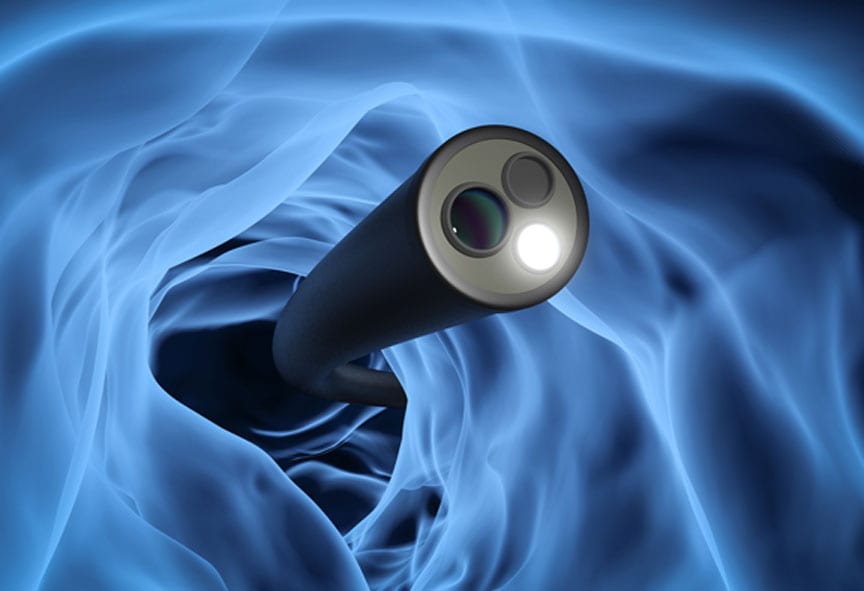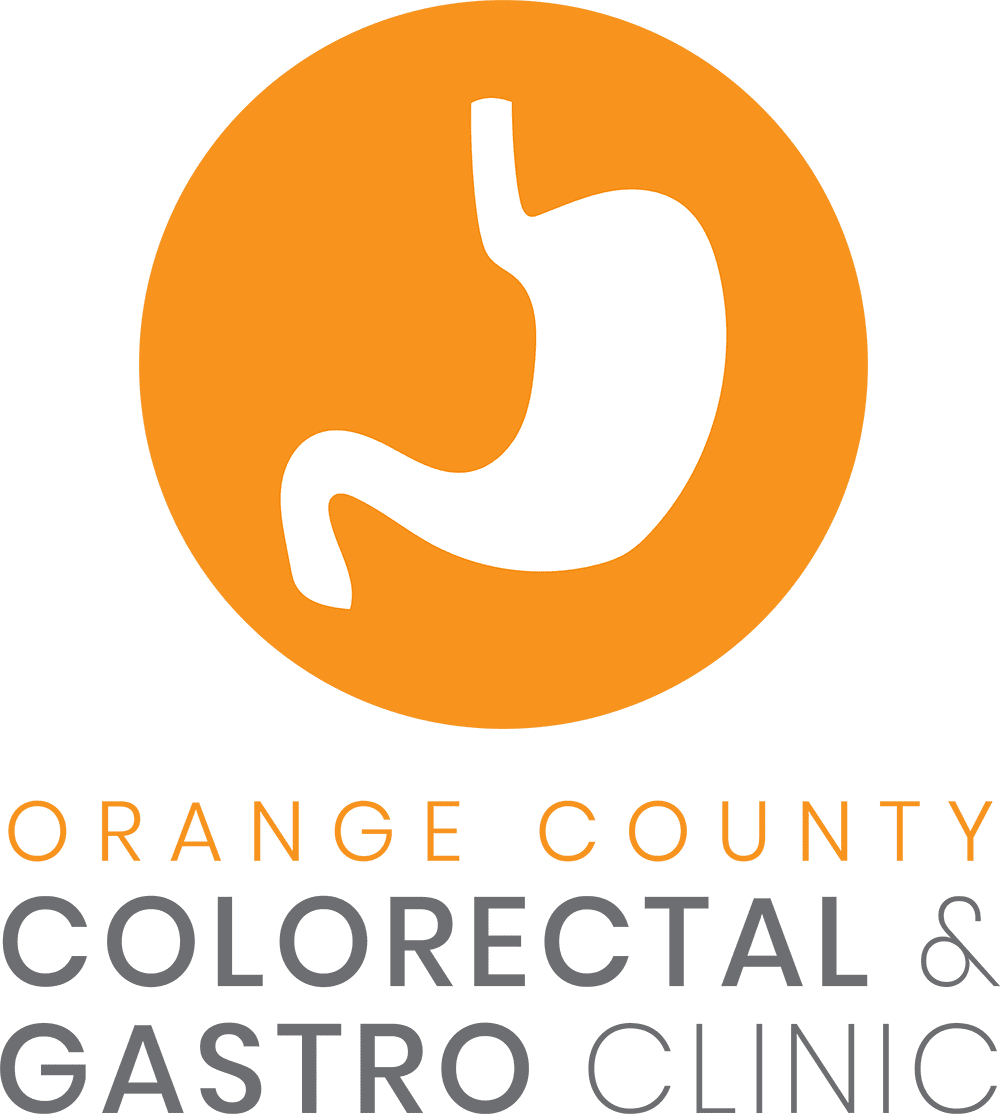
Colon cancer affects the final part of the digestive system, which is the large intestine, or colon. While anyone can be affected by this type of cancer at any age, it’s more common in adults 50 and over. This is why a colonoscopy & colon cancer screening in Mission Viejo is often recommended for individuals within this age range.
This is a procedure that can provide much-appreciated peace of mind or allow for early treatment if cancer is detected.
Getting Ready for a Screening
In order to prepare for a colonoscopy & colon cancer screening in Mission Viejo, you’ll need to empty your colon. This is necessary because any residue that’s in the large intestine could obscure the images produced during the procedure. You may be advised to get ready by not eating anything the day before the screening except for clear liquids. Some patients are also advised to take a laxative the day before the procedure. Another option is to use an enema kit. Medications you are taking for other conditions may also need to be temporarily adjusted before you have your screening.


How a Colonoscopy Is Performed
During a colonoscopy & colon cancer screening in Mission Viejo, you’ll be given a mild sedative. Intravenous pain medication is sometimes administered as well. The colonoscope is inserted via the rectum when the procedure begins. The lighted scope contains a tiny camera that produces live images as it is inserted, and carbon dioxide is usually pumped into the colon to inflate it and create a better view.
Instruments can also be inserted through the scope if there is a need to collect tissues for a biopsy if abnormalities are detected. Polyps and other types of abnormal tissue can also be removed through the scope with specialized instruments. It usually 30-60 minutes to complete the procedure.
What to Expect After a Colonoscopy
You’ll need to make arrangements to be driven home because of the lingering effects of the sedative. Typically, patients are advised to take the rest of the day off to rest and fully regain their mental alertness. If a polyp was removed during a colonoscopy & colon cancer screening in Mission Viejo, you may need to follow a special diet for a brief period of time. You may also have a temporary bloated feeling after the procedure because of the air that was inserted through the scope.
The Results
If nothing abnormal was detected, no further action is needed. If polyps are found, samples will be sent to a lab to determine if they are benign (non-cancerous), precancerous, or cancerous (malignant). If cancer is detected, treatment may involve:
- Endoscopic removal of the cancerous polyps with special tools
- Minimally invasive surgery to remove larger polyps
- Surgical removal of part of the colon (partial colectomy)
- Lymph node removal
- Chemotherapy, radiation therapy, and/or immunotherapy
As for how often you should schedule a colonoscopy & colon cancer screening in Mission Viejo, the general recommendation is every ten years. However, you may be advised to have screenings on a more regular basis if you have a family history of colon cancer or if you’ve recently recovered from this type of cancer.

